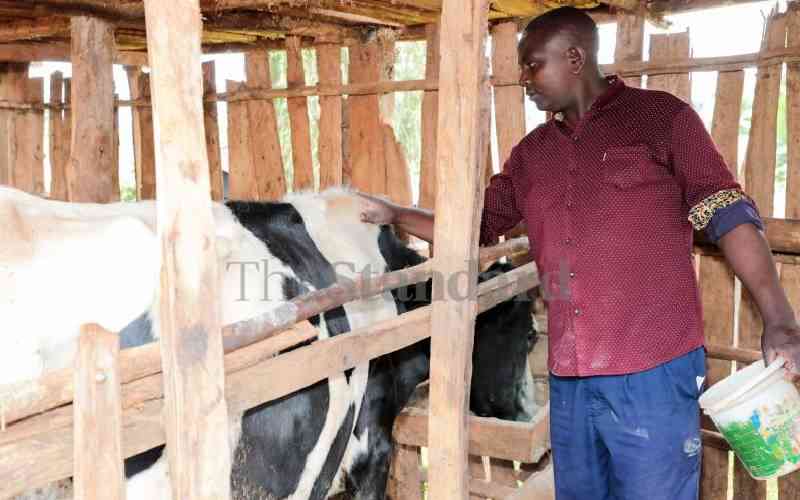×
The Standard e-Paper
Home To Bold Columnists

Brookside Dairy has rolled out a plan to promote animal feed conservation for optimum milk volumes across all seasons.
The processor is rallying dairy farmers to prepare and conserve animal feed as a mitigation to challenges brought about by climate change.